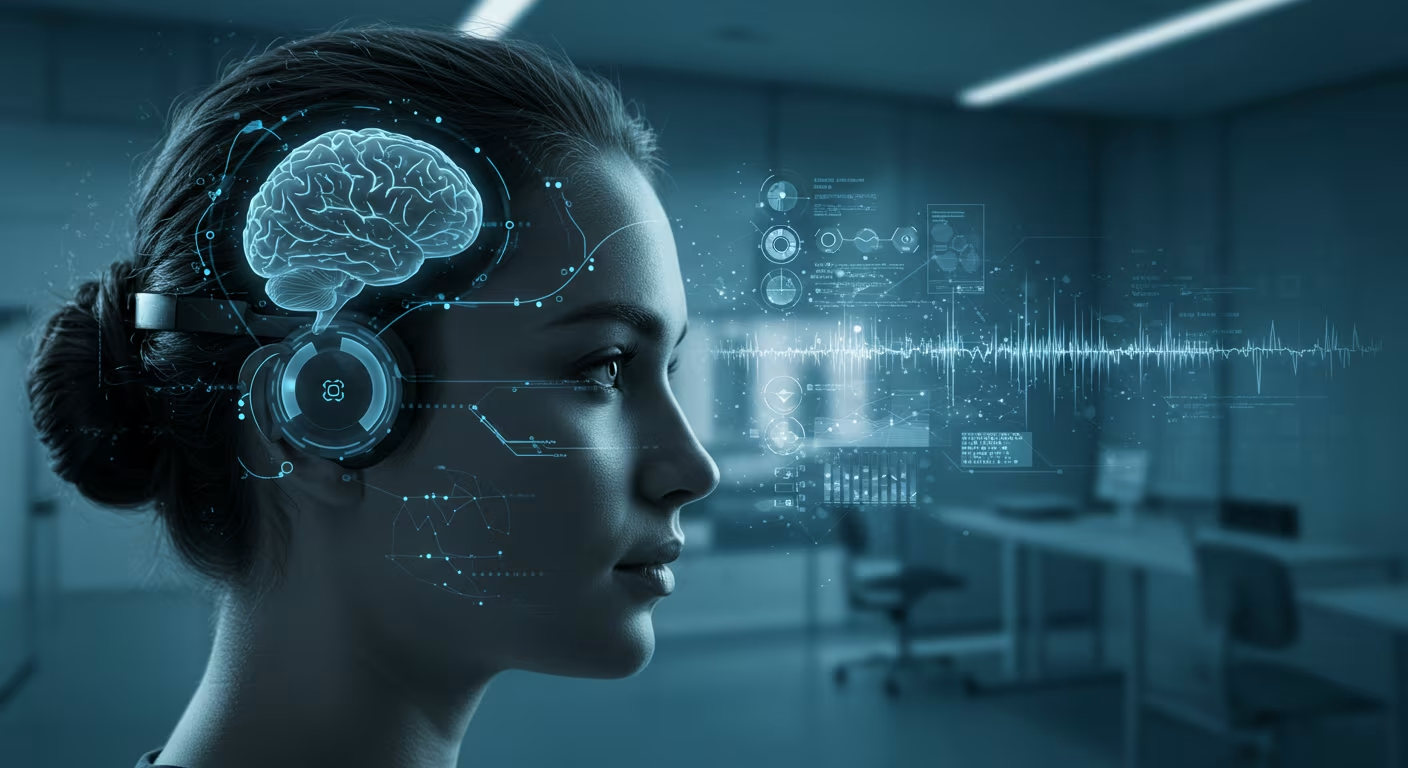What if you could think faster, focus longer, remember more, and even elevate your emotional well-being—all with the help of science? This idea is no longer confined to science fiction. Welcome to the era of neurological enhancement, where breakthroughs in neuroscience, biotechnology, and cognitive science are making it increasingly possible to improve brain performance—both for the healthy and for those with neurological disorders.
As we shift from treating illness to optimizing wellness, neurological enhancement represents a growing frontier in medicine, ethics, and innovation. From brain-computer interfaces and neurostimulation to nootropics and AI-assisted cognition, the technologies designed to upgrade our minds are evolving rapidly.
But what exactly is neurological enhancement? How does it work, and what are the potential benefits—and risks—for individuals and society?
What Is Neurological Enhancement?
Neurological enhancement refers to any intervention—biological, technological, or behavioral—that improves the functioning of the human brain beyond what is considered “normal” or average. Unlike therapies designed to treat disease or injury, enhancement aims to boost cognitive or emotional capacities in healthy individuals.
Enhancements may target:
- Memory
- Attention and focus
- Learning speed
- Mood and emotional regulation
- Motor coordination
- Creativity and problem-solving
This growing field encompasses both invasive (such as implanted electrodes) and non-invasive (like neurofeedback or supplements) approaches, often pushing the boundaries of what is considered natural human ability.
Categories of Neurological Enhancement
Neurological enhancement technologies fall into several categories. Each has distinct mechanisms, applications, and ethical implications.
1. Pharmacological Enhancements (Nootropics)
Perhaps the most accessible form of cognitive enhancement is through nootropics—substances that aim to improve mental functions. These range from everyday stimulants like caffeine to prescription medications like modafinil, Adderall, or Ritalin, which are used off-label by some healthy individuals seeking sharper focus or prolonged wakefulness.
Natural supplements such as L-theanine, bacopa monnieri, or omega-3 fatty acids are also used for cognitive support, although scientific evidence on their effectiveness is still developing.
While some users report benefits, long-term safety, dependence risks, and fairness concerns make this a controversial area of enhancement.
2. Neurostimulation and Brain Modulation
Non-invasive brain stimulation techniques such as Transcranial Magnetic Stimulation (TMS) and Transcranial Direct Current Stimulation (tDCS) apply magnetic fields or mild electrical currents to influence brain activity.
These tools are being explored for:
- Enhancing memory formation
- Improving attention and learning
- Boosting language acquisition
- Accelerating motor skills
Though promising, results vary widely among individuals. Regulatory and safety concerns also limit their widespread use outside research or clinical settings.
3. Brain-Computer Interfaces (BCIs)
BCIs connect the brain directly to external devices, allowing users to control technology with their thoughts. While originally designed for people with severe physical disabilities, BCIs are now being explored for enhancement in healthy individuals.
Companies like Neuralink, Synchron, and Kernel are developing advanced neuroprosthetics and non-invasive wearables that may someday allow for:
- Thought-based communication
- Real-time memory recall
- Direct information uploads or downloads
- Virtual and augmented reality experiences controlled by neural signals
While this remains largely experimental, the long-term implications are profound and potentially disruptive.
4. Neurofeedback and Cognitive Training
These enhancement tools use real-time data from brain activity (often via EEG) to train individuals to optimize mental states. Users can learn to enter more focused, relaxed, or alert states—essentially teaching their brains to self-regulate.
Popular in sports psychology, executive coaching, and ADHD treatment, neurofeedback is a non-invasive and behaviorally grounded enhancement tool with minimal risk.
5. Artificial Intelligence and Augmented Cognition
AI-powered tools are beginning to augment human thinking by filtering distractions, organizing information, or assisting with creative processes. Virtual assistants, predictive writing, and emotion recognition are just the beginning.
The future may include AI co-pilots for the brain—personalized systems that track cognitive patterns, suggest optimal learning strategies, or even warn of mental fatigue.
Benefits of Neurological Enhancement
The potential benefits are vast, both individually and societally:
- Increased productivity and performance in high-demand professions
- Improved learning and education outcomes
- Enhanced creativity in fields like art, science, and engineering
- Faster recovery from brain injuries or age-related decline
- Boosted emotional intelligence, resilience, and well-being
In the context of an aging population, neurological enhancement could also help seniors maintain independence and quality of life longer.
Ethical and Social Considerations
Despite its promise, neurological enhancement raises serious ethical, legal, and societal concerns.
- Equity and Access: Will only the wealthy have access to cognitive enhancements? Could this deepen social and educational inequalities?
- Consent and Autonomy: In military or corporate settings, could people be coerced into using brain enhancements?
- Identity and Authenticity: If your thoughts, emotions, or creativity are influenced by technology, what does that mean for your sense of self?
- Long-term Effects: We still lack sufficient data on the long-term safety of many enhancement tools, especially in healthy users.
- Regulation and Oversight: As enhancements blur the line between treatment and augmentation, new frameworks will be needed to govern their use responsibly.
Leading bioethics groups and neuroscientists are calling for proactive regulation, public dialogue, and international guidelines to navigate these uncharted waters.
The Future of Human Potential
Neurological enhancement may soon be as common as glasses or smartphones—tools we use daily to extend our natural capabilities. But unlike external devices, these tools modify the brain itself, making the stakes significantly higher.
Researchers envision a future where humans and machines merge cognitive abilities in real time—a concept known as cognitive symbiosis. In this vision, individuals won’t just use tools; they will think with them.
Whether this future becomes empowering or dystopian will depend on how wisely we develop, regulate, and adopt these technologies.
The Mind Reimagined
Neurological enhancement is no longer a fantasy—it’s a fast-approaching reality that holds the power to reshape education, work, healthcare, and personal development. With potential comes responsibility, and as we learn to optimize the brain, we must also safeguard what makes us human.
The challenge ahead lies not just in pushing the boundaries of cognitive science, but in doing so ethically, inclusively, and wisely.





